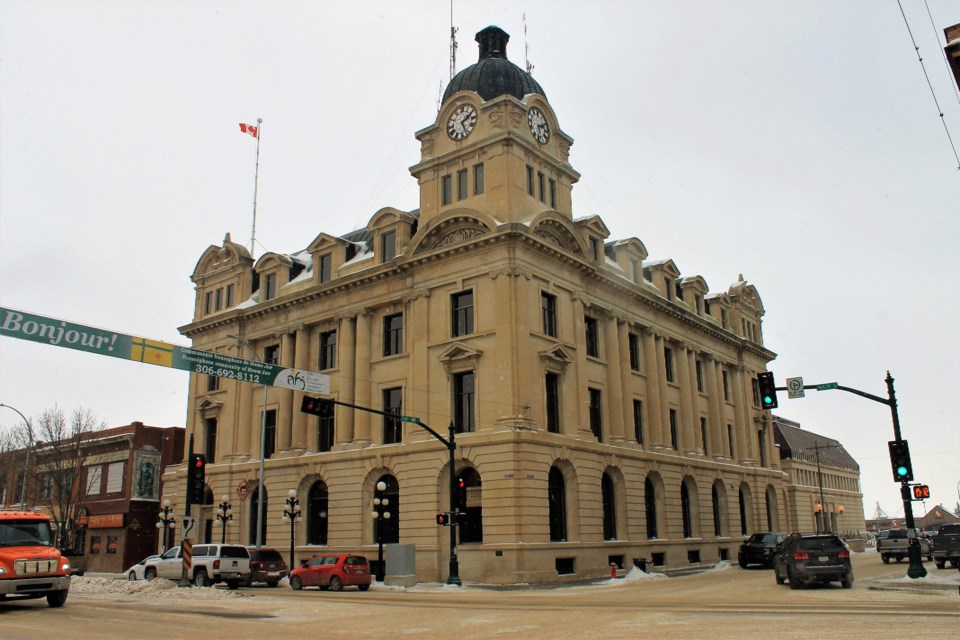City council has taken more steps to ease the financial burden on everyone whom the pandemic has affected, but still encourages residents to pay their bills if they can.
City council unanimously approved several economic relief measures during its April 13 regular meeting. They include:
Property tax measures
- All penalties and surcharges for overdue outstanding tax balances are suspended from April 1 to Sept. 30. This applies to current and arrears balances
- All property tax bills will continue to be delivered this May, which is consistent with prior years, with the revised payment terms noted
Utility payment measures
Late payment charges on all utility accounts will be suspended until Sept. 30
Redirection of collection activities
- Collection activities will be redirected to work with tax and water customers to establish payment plans
- The tax instalment payment program (TIPPS) and the water instalment payment programs (WIPPS) will be reviewed and revisions will be brought to council for approval to provide additional flexibility for these programs
- Utility charges will continue to be billed on the same basis as previously (quarterly), but with the relaxed terms and conditions
Management of operating budget
- City administration will continue to manage the operating budget by identifying decreased revenues and identifying potential program and service reductions to help offset those lost revenues
- City council will continue to be informed of any major plan program changes in a separate report and be asked for approval to make the changes
Management of the capital budget
- City administration will prioritize the capital budget based on the urgency of a project, cash flow requirements, and the effect on local contractors
- City administration will develop a list of projects that could be delayed and provide city council with the list for approval
The finance department estimates that relaxing property tax and utility payment penalties will cost about $260,000, finance director Brian Acker said. This revenue shortfall would be made up by reducing expenses elsewhere.
The pandemic’s effect on the capital budget will hinder certain projects, which city administration can use to conserve the municipality’s cash flow, he continued. All work will be completed, but some will be delayed or deferred.
Council discussion
City administration looked at giving property owners some type of discount if they paid their utility bills early, Acker said. However, giving a discount would conflict if the tax roll was opened again, while issues could arise if people who paid early were given an extension.
Besides, Acker added, there wasn’t much of an incentive to provide since it would be only a one-per-cent discount.
SaskEnergy has created an 18-month repayment plan for customers whom the pandemic has affected, where the Crown corporation will waive late payments and interest during the first six months, explained Mayor Fraser Tolmie. This is then followed by taking the late fees and interest of the next six months and stretching out those payments for a year in equal instalments.
“That is what I would like to see for the business community,” he continued. “I don’t want to defer taxes and then penalize them for this … they need to get back up on their feet and it is going to take a while for businesses to do that.”
A tax payment instalment program could come to council by May for approval, Acker said. Since council plans to reopen the 2020 budget, that will delay the approval of the mill rate bylaw. It will also delay when tax notices go out.
City administration is in contact with community and provincial groups about the type of repayment plan that could be implemented, he added. The Ministry of Government Relations is providing advice; provincial finance officers from cities meet regularly; residents and businesses provide input; and council also gives advice.
The next regular council meeting is Monday, April 27.




